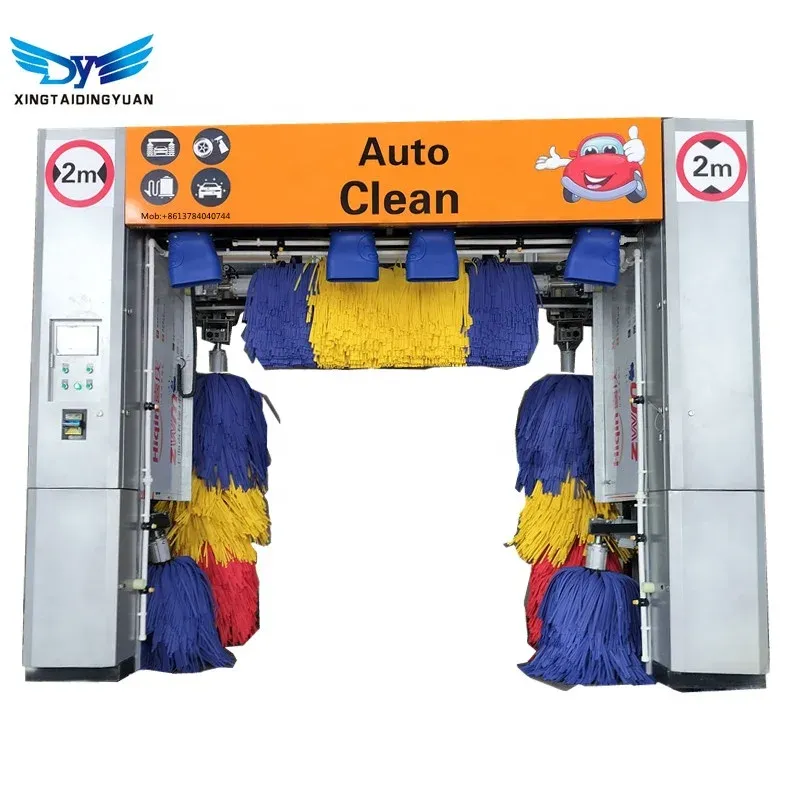clean machine car
The Importance of Clean Machines in the Car Industry
In the modern automotive landscape, where efficiency and sustainability are paramount, the importance of clean machines cannot be overstated. The phrase clean machine car encapsulates not only the cleanliness of the vehicles themselves but also the innovations in machinery and technology that ensure vehicles are manufactured, maintained, and recycled with minimal environmental impact. This article explores how clean machines contribute to a more sustainable car industry.
1. The Role of Clean Machines in Manufacturing
Manufacturing processes are at the heart of car production. Traditionally, these processes have been linked to significant waste and pollution. However, the integration of clean machines—those that promote efficiency, reduce waste, and conserve energy—has transformed the industry.
Advanced manufacturing technologies, such as computer numerical control (CNC) machines and robotics, have been implemented to streamline production lines. These clean machines operate with high precision, resulting in fewer errors and less scrap material. Additionally, many of these machines utilize energy-efficient systems, reducing the overall carbon footprint of car production.
Moreover, manufacturers are increasingly adopting practices such as water-based paints and eco-friendly cleaning agents, further diminishing the environmental impact of the manufacturing process. The move towards sustainable car manufacturing not only benefits the planet but also enhances a company's reputation and marketability.
2. Maintenance and Clean Machines Keeping Cars Efficient
clean machine car

Clean machines extend beyond manufacturing; they play a crucial role in the maintenance and operation of vehicles. A clean engine is essential for optimal performance. Vehicles equipped with high-efficiency filtration systems and machine cleaning technologies ensure that engines run smoothly and last longer, reducing the need for replacements and repairs.
Regular maintenance performed with clean machines leads to fewer emissions and better fuel efficiency. For instance, modern diagnostic machines can detect issues in a vehicle quickly, allowing for timely repairs that prevent further damage and excessive resource use.
Furthermore, car washes are evolving with the adoption of cleaner technologies designed to minimize water usage and incorporate biodegradable cleaning products. This trend not only enhances the aesthetic appeal of the car but also promotes environmental sustainability.
3. Recycling The Final Stage for Clean Machines
As the automotive industry shifts towards a circular economy, the role of clean machines in the recycling of vehicles becomes increasingly significant. At the end of a car’s life cycle, clean machinery is used to dismantle and recycle vehicle parts efficiently.
Many manufacturers now integrate recycling processes into their design, ensuring that vehicles are made with recyclable materials. This approach minimizes waste and maximizes the reuse of valuable resources. Clean machines in recycling facilities, equipped with advanced sorting technologies, enable the efficient recovery of metals, plastics, and other materials.
In conclusion, the concept of clean machine car embodies a broader vision for the automotive industry. As we continue to innovate and evolve, the integration of clean machines across all aspects of car manufacturing, maintenance, and recycling will lead to a more sustainable and efficient automotive ecosystem. Embracing this change is essential not only for the health of our planet but also for the future of the automotive industry itself. By prioritizing clean machines, we can set a standard for responsible production and consumption, ultimately driving the world towards a greener future.




